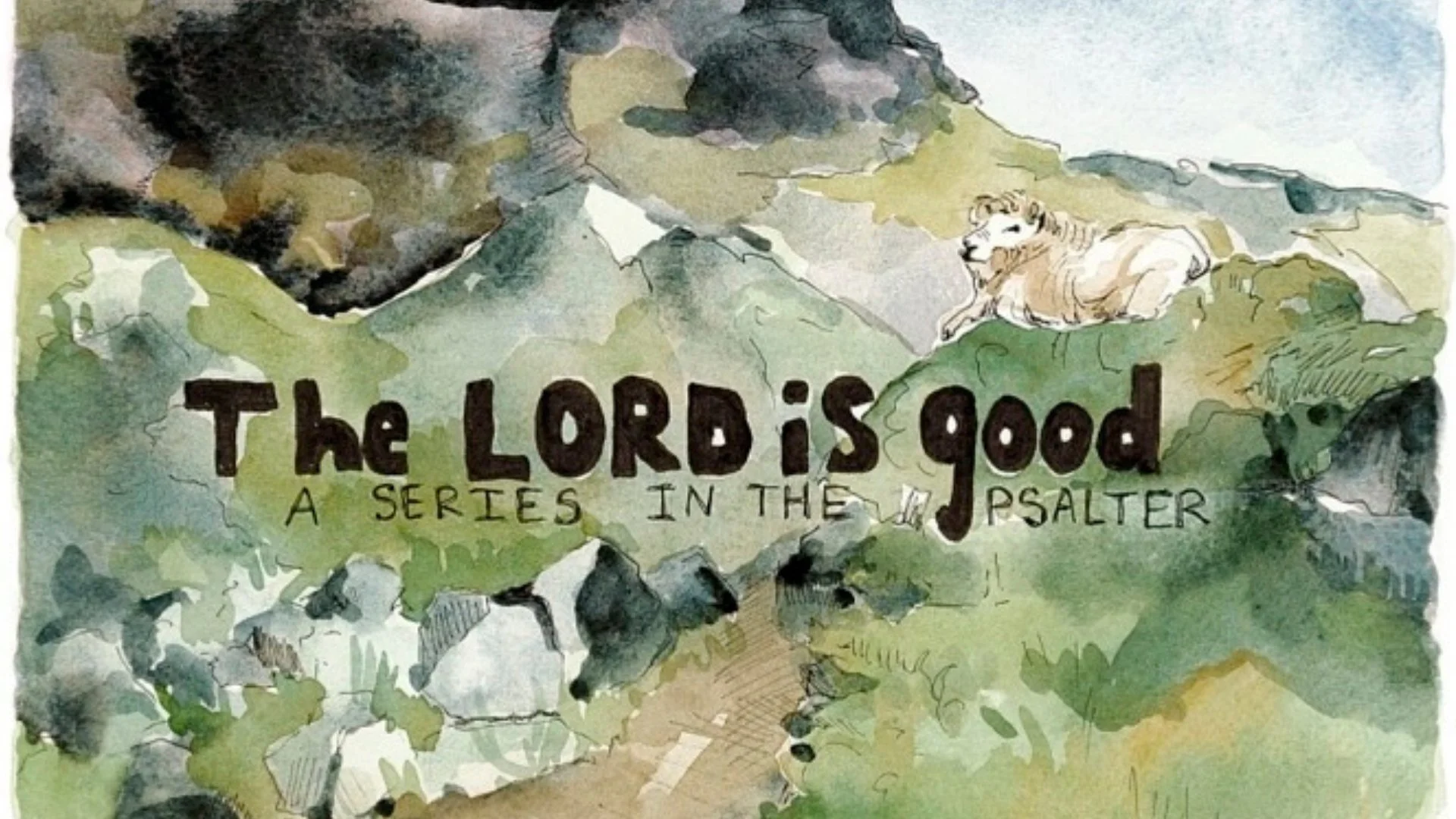Psalm 23 (Part 2) | All Our Fears
Finding Comfort in the Valley: Understanding Psalm 23:3-4
In Psalm 23:4, David takes us from the peaceful green pastures into a dark and dangerous valley. This dramatic shift reveals a profound truth about our journey with God—following the Shepherd doesn't mean avoiding difficult paths, but rather experiencing His presence through them.
What Does "The Valley of the Shadow of Death" Really Mean?
The phrase "valley of the shadow of death" is one of the most memorable metaphors in Scripture. This isn't a gentle, sloping valley where you might enjoy a picnic. David describes a deep, dangerous ravine where:
Rocks jut up on either side, blocking the sunlight
Robbers and wild animals could hide just out of sight
Danger lurks around every corner
The path is narrow and treacherous
The Hebrew word translated as "shadow of death" is the same word Job uses to describe his immense suffering after losing his family, health, and wealth. It represents deep darkness, gloom, and the feeling that death itself is near.
Why Does God Lead Us Through Valleys?
Notice the connection between verses 3 and 4: "He leads me in paths of righteousness for his name's sake. Even though I walk through the valley of the shadow of death..."
This reveals something crucial: the right path that God leads us on includes both green pastures and dark valleys. Following the Shepherd doesn't guarantee a life free from hardship. In fact, the path of righteousness often leads directly through difficulty.
When we find ourselves in valleys, we often ask, "What did I do wrong?" or "Is God punishing me?" But David shows us that valleys are part of the Shepherd's intended path. This is actually comforting because:
If God isn't in charge of the valley, how do we know He can get us through it?
A God big enough to lead us into valleys is big enough to lead us through them.
How Can We Find Comfort in Dark Valleys?
David reveals three sources of comfort when walking through life’s darkest valleys:
1. The Shepherd’s Presence
"I will fear no evil, for you are with me."
This phrase "you are with me" is the beating heart of Psalm 23. It sits at the exact center of the psalm, emphasizing its importance. Notice the shift from talking about God ("He leads me") to talking to God ("you are with me"). When darkness draws in, David draws close to God.
Like Captain America in Avengers: Endgame, who finds courage when he discovers he's not alone on the battlefield, David's confidence comes not from his circumstances improving but from knowing his companion, the Lord, is by his side.
2. The Shepherd’s Protection
"Your rod and your staff, they comfort me."
The rod was a weapon—a 2.5-foot wooden club embedded with iron—used to defend sheep from predators. David himself had used such a weapon to kill lions and bears that threatened his flock (1 Samuel 17:34–35).
Our Shepherd is a warrior with muscles flexed to defend His flock. When we feel broken, downcast, or overwhelmed, we can take comfort knowing the Almighty Creator who spoke stars into existence is protecting us.
3. The Shepherd’s Correction
The staff with its crook was used to guide sheep and pull them back when they wandered. We need both the rod (protection from external enemies) and the staff (correction of our own wandering hearts).
We're prone to wander into:
Social media seeking validation
Distractions to avoid addressing anxiety
Patterns of sin we've justified
Isolation where no one truly knows us
The greatest danger in the valley often lies not outside us but within our own hearts. The Shepherd loves us too much to let us wander away from Him.
How Did Jesus Experience the Valley?
Jesus, the true and better Son of David, willingly traversed the deepest, darkest valley of all. Unlike us, He entered it voluntarily, saying, "For this purpose I have come to this hour" (John 12:27).
On the cross, Jesus endured not just death's shadow but death itself. In the darkness, He cried, "My God, my God, why have you forsaken me?" (Matthew 27:46). Jesus felt the abandonment of the Shepherd in His valley so that we might feel God's presence in ours.
Jesus walked through the valley for us so that He might walk through our valleys with us. He not only brings us through the valley but triumphantly leads us out into resurrection life.
Life Application
The Lord is good because He is our companion who is with us to face all our fears. This week, consider these questions:
What valley are you currently walking through? Have you been viewing it as punishment or as part of God's path for you?
How might your perspective change if you truly believed God is with you in your valley, not just watching from afar?
Are you embracing both the rod (God’s protection) and the staff (God’s correction) in your life? Is there an area where you’ve been resisting His guidance?
Who in your life needs to hear that God walks with them through their valley? How can you be an extension of God’s presence to them this week?
Challenge yourself to speak directly to God about your valley this week, not just about Him. Like David, move from talking about God to talking with God. Draw close to Him as the darkness draws in, and experience His comfort in the midst of your fears.

